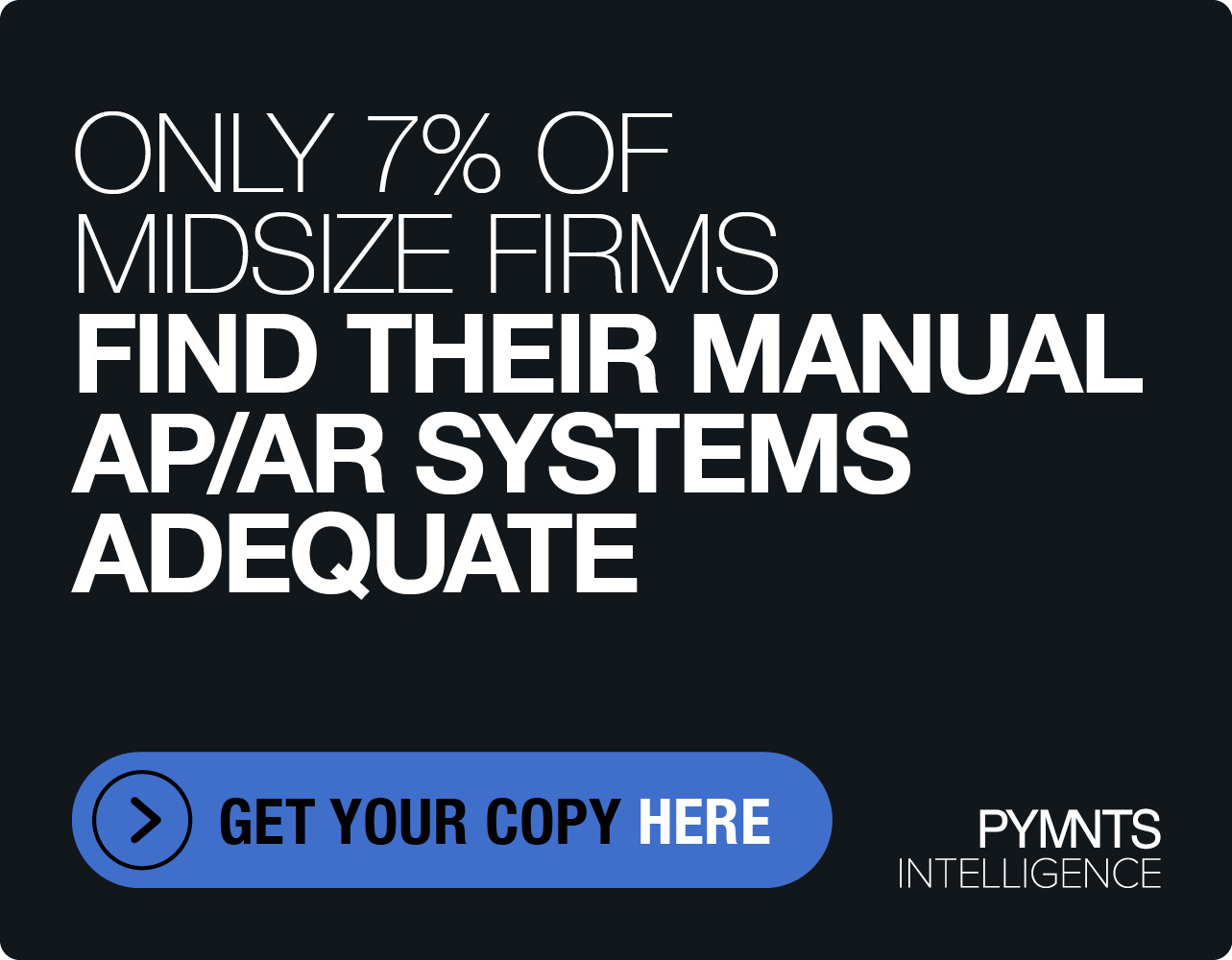New Digital Business Banking Models Blend Banking and Finance for Startups

Nothing is more rewarding than being a small business owner — and nothing is more challenging.
That’s because being your own boss brings with it a whole new set of financial responsibilities, and those responsibilities come with a wide array of operational vulnerabilities that can hamstring a business before it hits its stride, particularly in the face of today’s challenging macro environment.
Small- to medium-sized businesses (SMBs) must face the ongoing challenges endemic to today’s contemporary landscape, including rising interest rates and record-high inflation, without nearly as many resources as their larger counterparts.
“It’s so complicated for small businesses,” Lilac Bar David, co-founder and CEO of FinTech solution Lili, told PYMNTS. “A lot of the challenges are related to the day-to-day operation of the business from a financial point of view, with pain points related to accounting and taxes, managing expenses, maximizing tax deductions, knowing where the business stands with regard to paying quarterly and annual tax payment, issuing invoicing and [much more].”
See also: In a World of Problems, SMBs Seek Fund Transfer Bliss
Leveraging Embedded Solutions Can Build Better SMBs
SMBs face a unique set of friction points whose operational complexity is inversely related to the size of their organization.
For example, SMBs that bank with traditional lenders often cannot generate invoices and are rarely provided with detailed worksheets they can use to file their taxes by parsing which expenses are taxable and which can be written off.
In both cases, SMB owners frequently need to turn to third-party tools.
“People underestimate the complexity of managing their own business and the fact that they have to use a lot of different and expensive tools, and they ultimately need to reconcile what those tools produce,” Bar David said.
She emphasized that compounding this situation for business owners is often a lack of education or preparation for the fine-tuned details of daily operations, such as tax obligations and proper accounting methods.
Around half a million businesses are incorporated every month in the United States.
Those entrepreneurs generally start their small businesses because they are passionate about a product, service or industry, not because they want to spend 80% of their time wearing different hats by acting as accountants or tax preparers.
That’s why Bar David said she was inspired to launch Lili Smart to provide SMBs with one platform to manage all their business needs, including accounting and tax preparation.
Why Are Processes That Involve Money Movement Separate?
“There are a lot of different processes all connected to money movement and banking, and the more we can reconcile all those different processes that involve money movement, the better the lives of business owners will be,” Bar David explained.
The goal is “just to have one platform,” she said, adding that there exists so much rich data around money-in and money-out transactions that modern, embedded solutions can leverage to automate and categorize different processes for businesses.
“The automation around the processes makes [SMB owners’] lives a lot easier,” she said. “It takes so much off of their plates and allows them to focus on what they want to do most, which is run their business.”
Many new businesses frequently operate without large teams, much less a chief financial officer or accounting staff, she said.
“Nobody imagined that a bank would be able to offer these services to SMB owners, but it just makes a lot of sense,” Bar David said. “Taxes and bookkeeping are stressful responsibilities along the journey of becoming a small business owner. There’s not a lot of guidance or education around what needs to be done, and at the same time, it’s intrinsically tied to money movement in and out of a business checking account.”
She said automating these processes can save SMBs both time and money by putting everything in one place.
It all relates back to the trend of embedded data, Bar David said, and how that data can be effectively activated to help SMB owners grow and build their businesses by supporting the automation of back-end processes like payroll, bookkeeping, accounting and taxes.
After all, with one (or two, or three) fewer things to worry about, owners can focus on managing their business, not being frustrated by it.
For all PYMNTS B2B coverage, subscribe to the daily B2B Newsletter.

